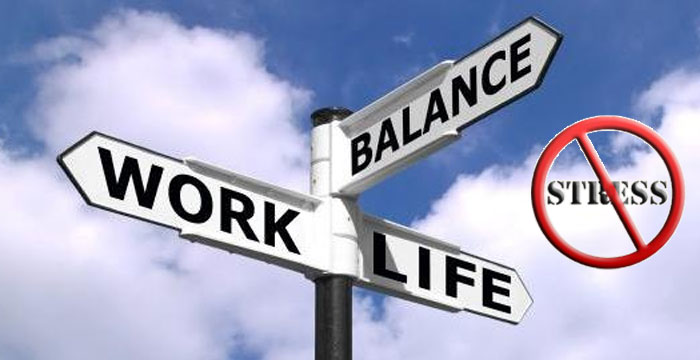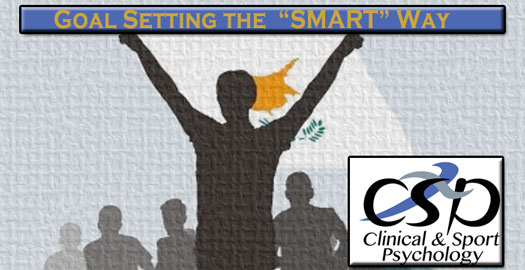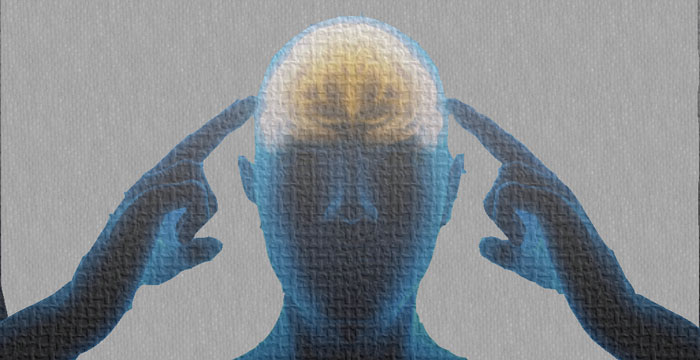When we come in contact with stressor in life, the body goes through physiological changes. It’s a basic fight or flight response that cues the body for action. This response served an evolutionary function in primitive times when we were in serious danger of being attacked by an adversary. It was an innate alarm system that served a purpose to help us rapidly identify whether to flee a scene or stay and fight. While we have evolved over thousands of years, this stress response remains well intact. Today, we have numerous “alarms” that are interpreted as a threat to our well-being. Some prime examples of these alarms include: giving a presentation in front of a large audience, taking an important exam, performing in a highly competitive athletic event, flying on an airplane, or managing family conflict. Each person’s perceived threat and alarm is subjective and different; however, we all experience the same stress response.
The Stress Response
The sympathetic nervous system signals the adrenal glands to release stress hormones, adrenaline and cortisol, into the blood stream. There is an increase in involuntary functions functions of heart rate, respiration, and blood pressure. Additionally, the blood vessels open to allow more blood flow to large muscle groups, the liver releases glucose for increased energy, the pupils dilate to increase vision, and the sweat glands are activated to cool the body.
Unfortunately, prolonged exposure to a stressor can lead to a host of physical and emotional ailments such as ulcers, elevated blood pressure, weight gain, heart disease, insomnia, anxiety disorders, and depression.
The Relaxation Response
The parasympathetic nervous system signals the body to let it know that the danger has subsided. It performs all of the activities that produce equal and opposite reaction. We breathe normally as respiration slows, our blood pressure decreases, and our liver decreases its production of glucose, etc.
In today’s face paced life, it is essential to understand the connection between our body and mind. Everyone experiences stress in life, whether good stress or bad stress. Navy seals, businessmen, athletes, parents, teachers, and students all experience stress in the same physiological manner. It is an invariable part of life. Instead of denying stress, learn to accept, manage and master it.
Ways to Combat Stress
• Exercise – When people become stressed, the first thing they do is give up their exercise routine. Even if you need to decrease your workouts in length, keep the routine. More importantly, make sure to do cardiovascular exercise.
• Socialize – Stay connected with others to reduce isolation.
• Consider methods to increase relaxation – Biofeedback is one useful tool to begin learning the connection between the mind and body in an active and visual manner.
• Change your thought patterns – With increased and prolonged stress, our thinking tends to become fixed and rigid. Move from “black and white thinking” to thinking in more relative terms that are in the “gray zone”. This is a key concept taught in cognitive behavior therapy. This may take some time to learn; however, changing your thoughts leads to better adaptation
• Stay in the present – Too often, people continue to relive a past mistake, negative event, or become too “future focused”. Learn from things that have occurred in your life, but do not allow them to predict your future. That can become a negative self-fulfilling prophecy.
• Avoid maladaptive coping mechanisms – People often find comfort with mechanisms that leave them with an additional problem at the end of a stressor such as weight gain or alcohol.
Dr. John Macri is a licensed psychologist who runs a private practice in Ridgewood New Jersey. He has extensively studied anxiety, phobias and cognitive behavioral treatment. He has performed individual and group psychotherapy for children, adolescents, and adults. He can be reached at 201-445-3306 or john@newjerseycsp.com.




